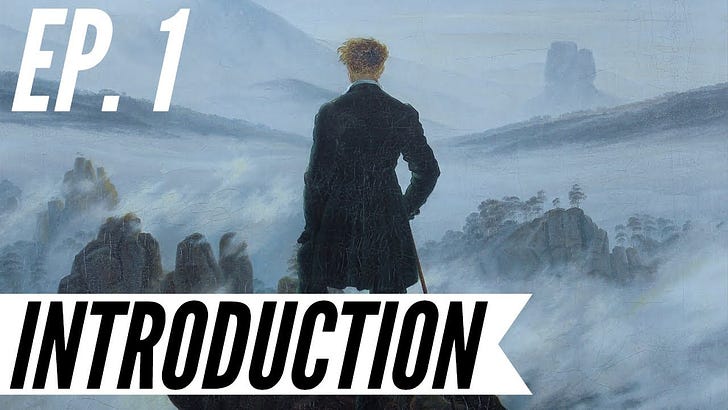Many of you will be familiar with Dr. John Vervaeke’s work, Awakening from the meaning crisis.
“This foundational series unravels the meaning crisis: the loss of spiritual vitality, and the sense of disconnection we experience with other people, ourselves, and the world at large. This series provides a historical genealogy – beginning 40,000 years ago – that explores the rise and fall of meaning in the West, and the philosophy, religion and science that nurtured it. John examines how human beings evolved to be meaning-making creatures, and why this is so essential to our culture and cognition. He also explores how the decline of meaningful worldviews has paved the way for various modern ailments, such as our political, environmental and mental health crises, and the rising suicide rates in North America and around the world.
Awakening from the Meaning Crisis has received international acclaim. Its sweeping argument combines philosophy, history, anthropology, psychology, neuroscience, and linguistics. It explores the wisdom (and foolishness) of the past to prepare an intelligent response for the future.”
Even if you haven’t done what is likely to be hundreds of hours of ‘work’ in relation to this series (when considering viewing, sitting with, exploring, sense making, attempting to integrate etc.), you may have come across TL;DR summaries that get at the gist.
I’m in the latter category. I have not spent hundreds of hours with this particular series. I’d love to, but you know, life…
Thankfully I do absolutely get this gist. This is likely the result of thousands of hours exploring similar topics, combined with dozens of hours paying close attention to Vervaeke’s work across related lines of inquiry. This has also been augmented by the dialogue I’ve been so fortunate to have with some of John’s peers.
So, instead of encouraging you to dive into the whole thing (seems a bit hypocritical, doesn’t it?), I’d like to highlight two questions (I first came across this framing at IAI) John proposes that I have found immensely helpful in my own life:
What do you want to exist, even if you don’t?
What are you doing in service of this?
John basically suggests that ‘good’ answers to these questions are effectively predicative of a life rich in meaning.
Interestingly, I’d never quite framed my own reflection this way, but as soon as I did the answers flowed like the healthiest of rivers.
Since then I’ve been engaging in a daily reflection. I pose these two questions. I sit with the feelings. I answer. Recognising that, although the words differ a little, the substance is always consistent.
I’ve also taken this out of my own mind and started putting this to others. It’s a beautiful thing. There’s this fascinating moment where the proverbial lightbulb goes off for people, about 2 - 3 seconds after I end with the first question (I always strategically pause here).
If you’re willing, I’d love to discuss this with you. I don’t really feel called to put to paper my answers here. I’d rather see what emerges through dialogue.
With love as always.



